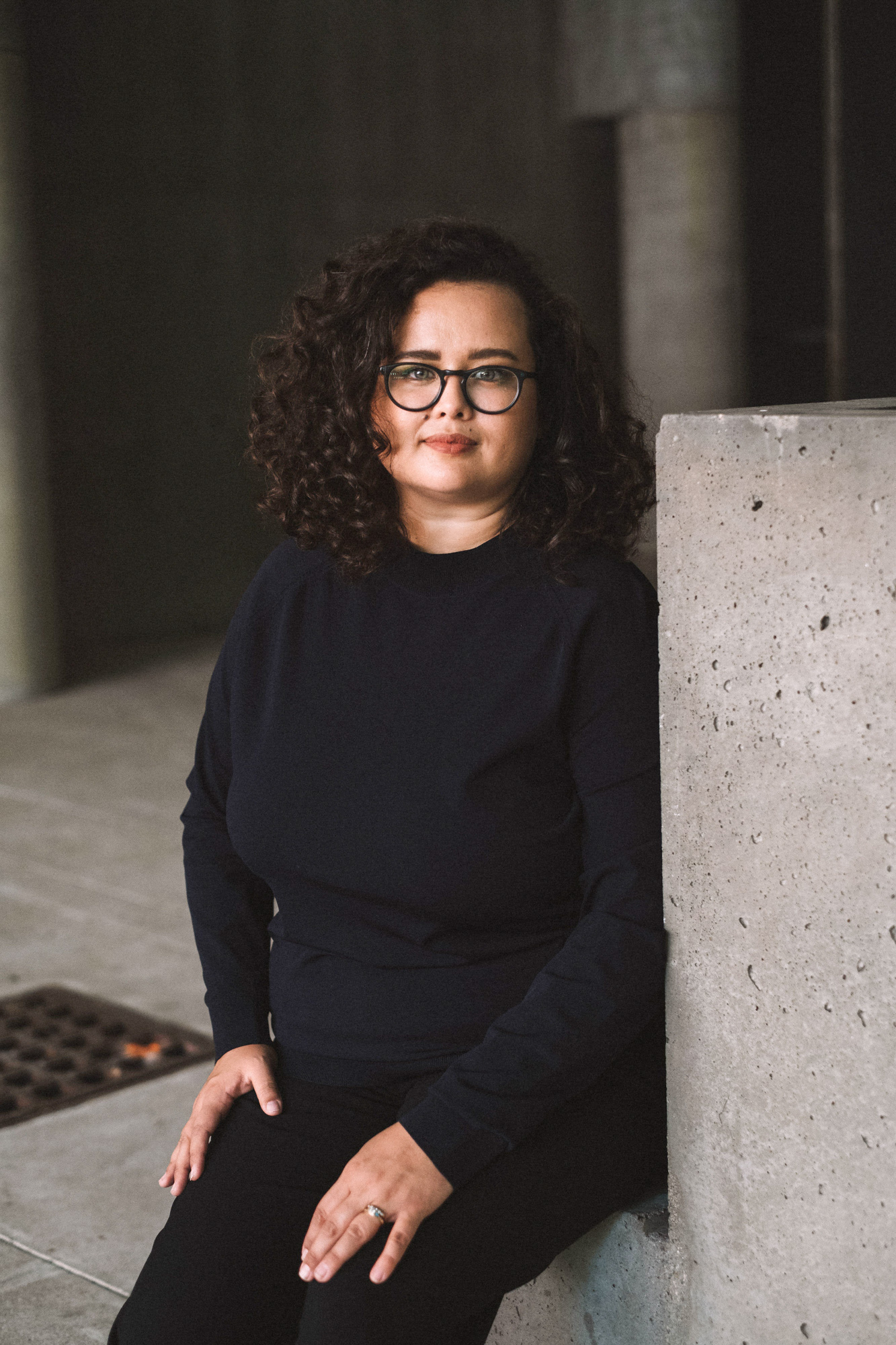Growing up in a racially divided community in Los Angeles, Jessica Simes observed early on in life how white supremacy informs racial segregation. These first-hand observations informed Simes’ interest in social justice and would later inspire her career rectifying racial and social inequalities.
But instead of acting through law, Simes, now an assistant professor of sociology at Boston University, attacks injustices, specifically mass incarceration and prison conditions, with her research.
Simes’ path to working in research started with a sociology course she took her freshman year at Occidental College. She said the class piqued her interest in the field, especially in how social and racial inequality informs law and policy.

During Simes’ sophomore year, Angela Davis, a Black prison abolition activist and an advocate for racial justice, visited Occidental College to speak about the criminal legal system. Simes said Davis’s lecture exposed her to the idea of connecting research about race and inequality with criminal justice issues.
“It was just very inspiring and shifted all of my interest towards studying mass incarceration,” Simes said.
Simes then became interested in how “empirical data and empirical evidence could be impactful for influencing social change [and] creating policy reform.”
As a first-generation college student, Simes described feeling like an “imposter” in higher education spaces. Her undergraduate advisor at Occidental College encouraged her to pursue sociology and do her own research.
“It really empowered me,” said Simes, who went on to earn an M.A. and Ph.D. in sociology from Harvard University.
When Carrie Sheehan, a second-year Ph.D. student in the Graduate School of Arts and Sciences, was an undergraduate at BU, Simes offered them a position on her research team.
Coming from a low-income background with no family members working in academia, Sheehan had not considered research a career possibility — until they met Simes, their sociology instructor at the time.
“She definitely encouraged me to think of myself as somebody who could produce research, and that the questions I was asking were important,” Sheehan said about Simes, who is now their advisor in the Ph.D. program.
A major focus of Simes’ research is place-based inequality and criminal justice. Her findings are detailed in her 2021 book “Punishing Places: The Geography of Mass Imprisonment in America.”
One of the book’s main ideas is that racial composition correlates to incarceration rates in cities — specifically in those with higher concentrations of African Americans, Simes said.
To illustrate this point, Simes analyzed racial disproportionality among counties — whether the incarceration rate of a certain race is significantly higher than that of the general population. In an analysis of data from more than 3,000 counties, she found that in 1,200 counties, Black populations are incarcerated at double the rate of the general population — compared to 80 counties for Latinos and three counties for whites.
Simes said these findings had her asking, “How do we even compare the experience of white and Black incarceration in this context, where the racial differences are so vast?”
In the book, she also discusses how incarceration compromises community.
“[Incarceration] changes our labor force,” she said. “It changes who’s going to school, who has both parents at home, who gets to … be healthy and thrive.”
Simes’ research focuses on the health effects of incarceration. She said she believes human dignity is an important driver of seeking changes to societal systems.
One group seeking such change is Citizens for Juvenile Justice, or CfJJ, through “Raise the Age,” a research-based proposal to raise the age of juvenile jurisdiction from 18 to 20.
Joshua Dankoff, the CfJJ’s director of strategic initiatives, said the move comes from research stating that the prefrontal cortex — an area of the brain that controls behavior and decision-making — continues developing until the age of 25.
“We’re trying to catch the law up to where science is,” Dankoff said.
Another example of research’s potential for substantial impact, according to Simes, is Massachusetts’ recent ban on life sentences without parole for anyone under the age of 21.
Since life in prison without parole is rarely sentenced, Simes said the decision would not bring radical change. Still, she said the ban marks “a really important step” in criminal justice reform, not only in Massachusetts, but across the country.
But Simes said that research alone is not enough to influence political policy. For “Raise the Age” to go forward, for example, Simes stressed the need to collaborate with activists and organizations who can use research to push for legislation.
William Rodriguez, a lecturer in counseling psychology and human development at Wheelock College of Education and Human Development, has 40 years of experience in the criminal justice field, where he has practiced law, run offender supervision programs and overseen policy research.
Rodriguez said that when he trains his students to do advocacy work, he tells them they cannot make a compelling and convincing argument to the legislature or to the court without using relevant data.
“Most of the criminal justice reform bills that come out in law always rely on the data,” Rodriguez said.
For research to have an impact, Rodriguez said it should create tangible change.
“[Research] must build the capacity or enhance or innovate the growth of an organization that’s doing advocacy and policy reform and law,” he said.
Moving forward, Simes said she wants to make her research more relevant to those who are engaging in activism and deciding policy. She said that researchers don’t often interact with the communities they analyze, which creates a gap between research and real-world application.
Researchers should consider not only science, but ethics, Simes said. Combining data and principles, she said the real question is: “What should our institutions be doing to serve communities better?”





























































































































